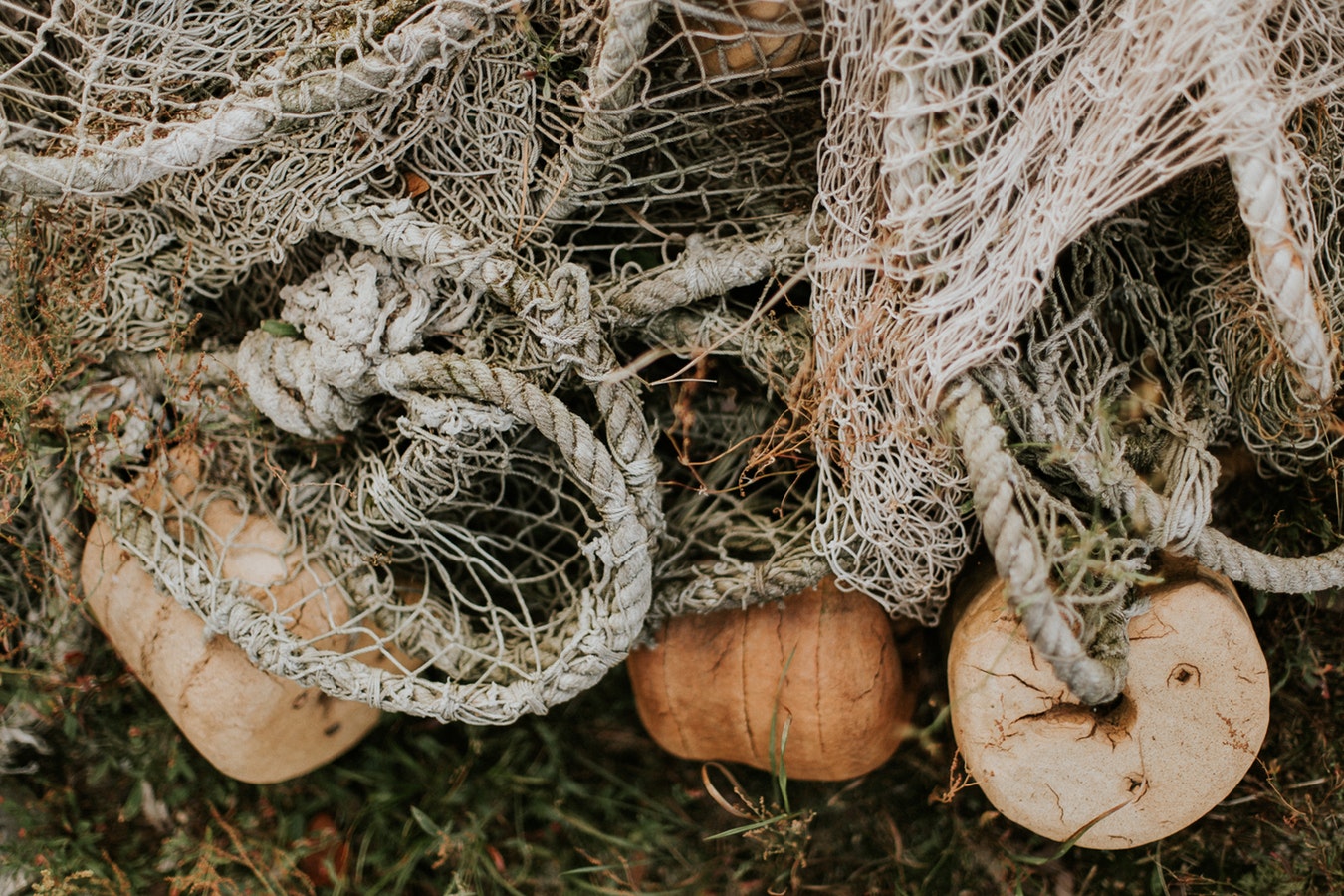Recycling Roundup 27th March
- By jon davis
- 29 Jun 2017

Recycling Roundup 27th March
Statistics released by Defra show that Dartford has the worst recycling rate in the region, and it also ranks as one of the top 3 worst local authorities for recycling in the entire south east of England. Dartford only recycled 25.6% of household waste from 2015-16. It is now considered one of 7 ‘red zones’ for poor recycling rates. Red zones are areas that only manage to recycle 30% of waste or less.
Dartford council has insisted that landfill is the problem, not recycling. They stated that only 0.25% of their waste went to landfill, whereas the amount sent to landfill by other local authorities was much higher. The council said that other councils might reduce bin collections to push up recycling rates, but they take pride in the service that they provide.
Nearby Ashford has recycling rates to be proud of. Their rate is 53.1%, and this has increased dramatically since 2011, when it was only 14%. Ashford council asked residents to vote on whether they would want more bin collections or a better recycling rate and they voted for bin collections. The council are proud of the information they give to residents about how to recycle more, and they attribute their admirable recycling rates to this.
A project aimed at tidying up the coastline of North East Scotland has collected a massive 50 tonnes of fishing nets from around the harbours.
The Net Recycling Scotland project sent the salvaged nets to Lithuania to be reused. The nets were collected in the harbours of Peterhead, Macduff, Ullapool, and Scrabster. Many of the remaining nets and other pieces of equipment have been sent to Denmark to be recycled into plastic so new products can be made. Wildlife protection charities have applauded the project.
Macduff harbour is a member of a Fishing for Litter scheme, and around 18 harbours and 200 fishing boats have so far cleared about 1000 tonnes of litter from the waters around Scotland since 2005.

A renewable energy plant which aims to reduce the amount of hygiene products going to landfill has opened in the Black Country. Waste management company PHS has renovated a site in West Bromwich which will handle the recycling of feminine hygiene products, nappies, and incontinence pads which are disposed of in public bins. Hygiene products are almost always sent to landfill and can take up to 500 years to degrade. The Environment Agency has highlighted that this type of waste is one of the biggest contributors to landfill, with around 3 billion nappies ending up on rubbish dumps each year. This is bad news for businesses and other organisations who have to pay to send this waste to landfill, as landfill tax imposed to help the UK reach its environmental targets makes it an expensive business. The products are being converted into fuel, which is then sold to the alternative energy market in the UK and Europe. The fuel is burned to produce electricity and hot water, which provides energy for the National Grid, companies, and municipal organisations.
A team of waste experts in Newcastle are looking at ways to reduce the amount of waste that the city produces every year. The experts, who have come together to attempt to reduce the 142,000 tonnes of waste that the city produces, took a bus tour of the city to see some of the key waste issues that need to be tackled. The experts saw for themselves some of the challenges of waste management and disposal in a big city, and they will be meeting residents and other key players in the following months. The Newcastle Waste Commission, to give the team its proper name, will examine what happens to waste from when it’s produced, right through to disposal. They will meet 3 times in Newcastle, then twice in London to hear evidence then they will produce a report with recommendations for any steps that have to be taken.












